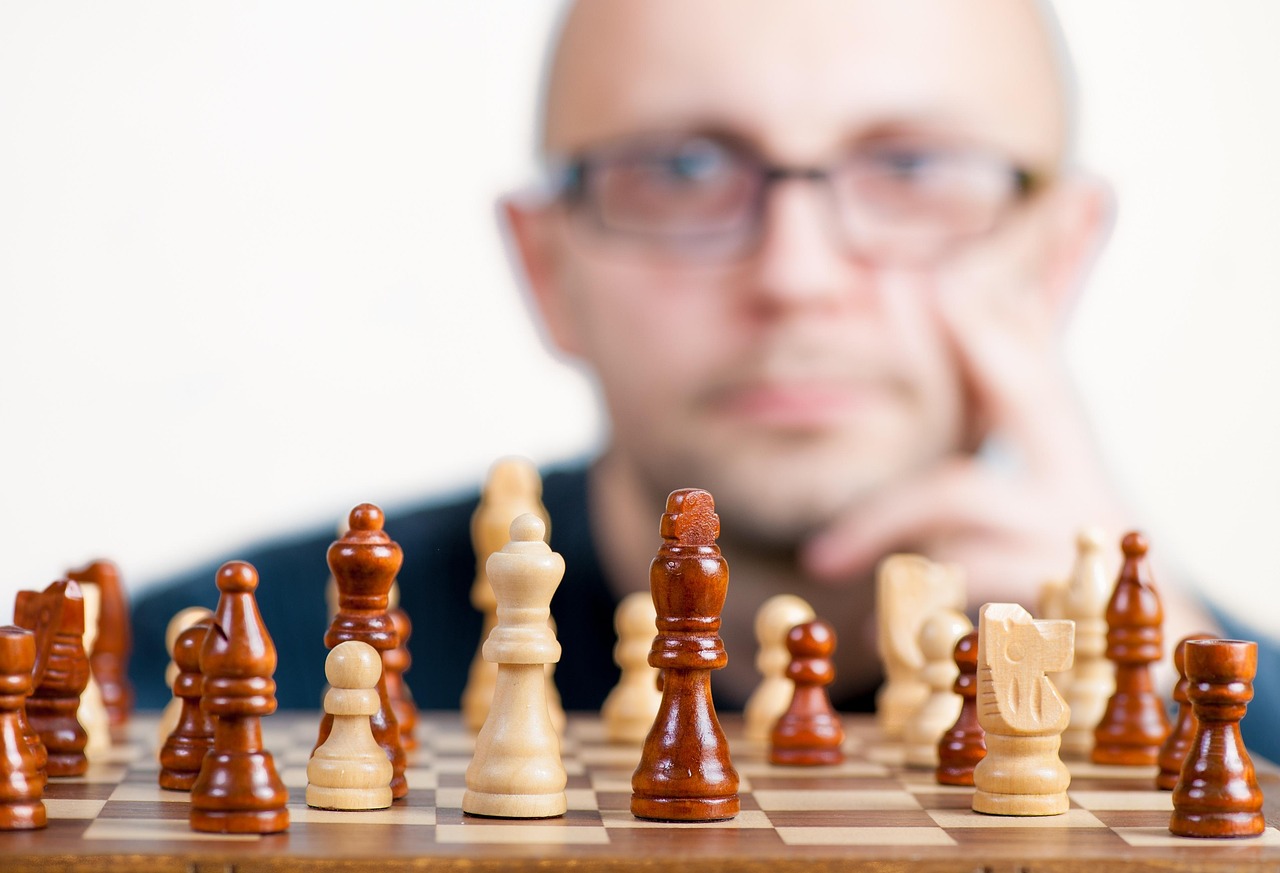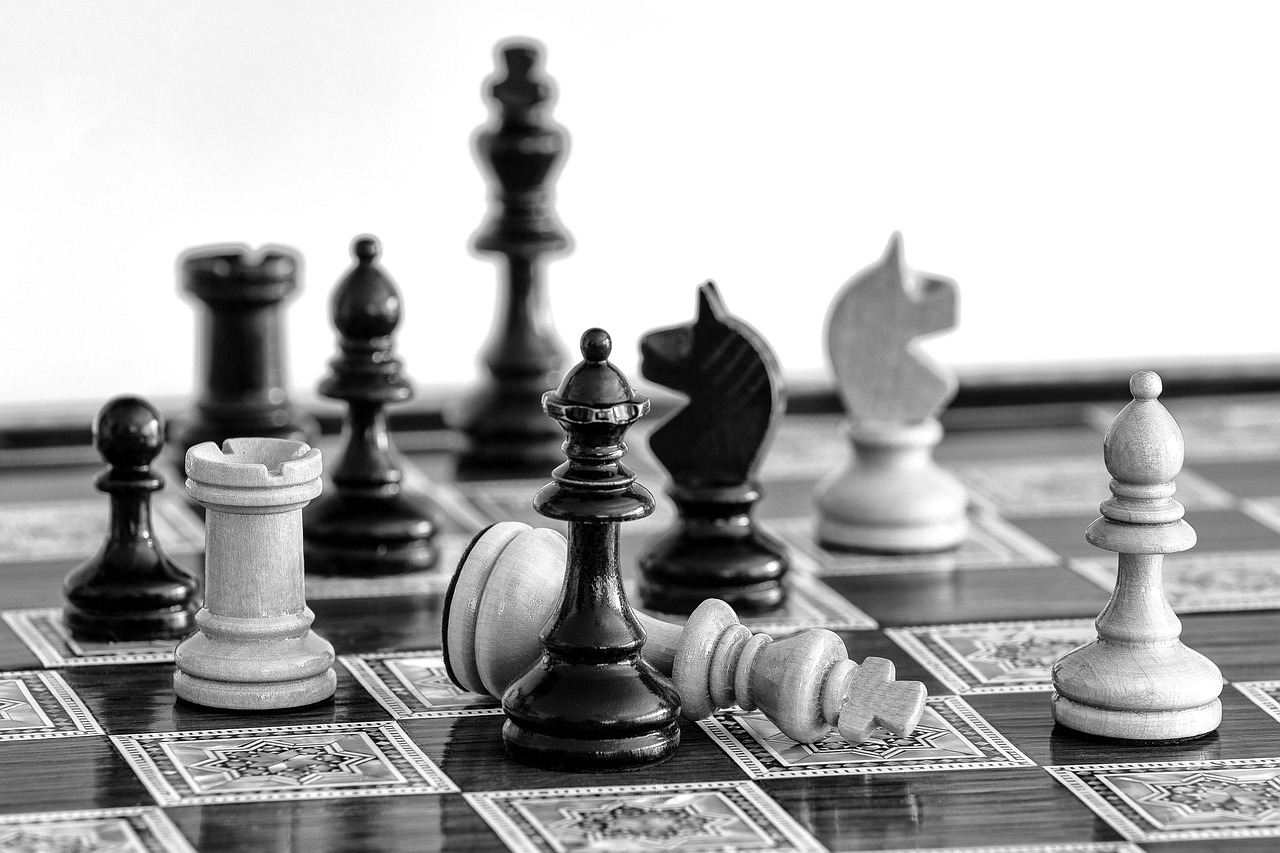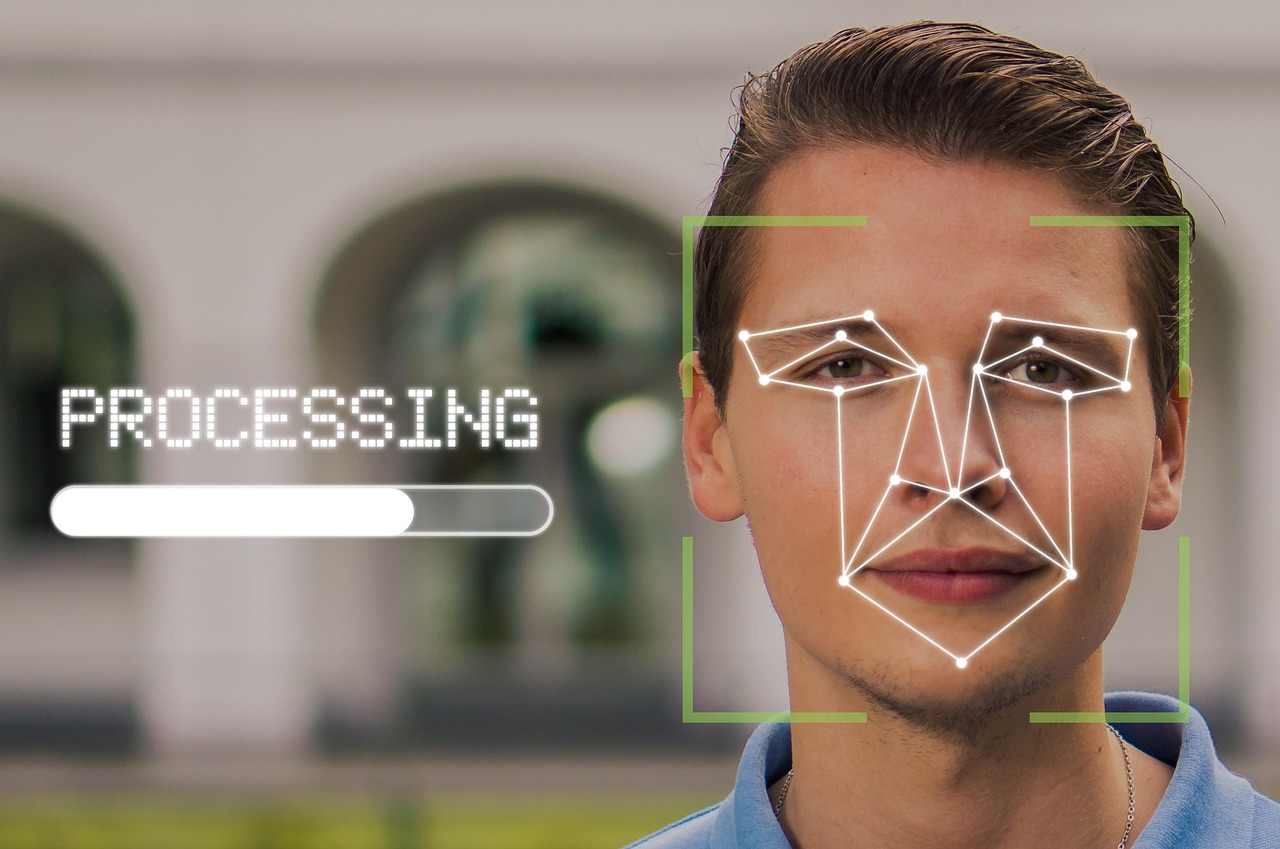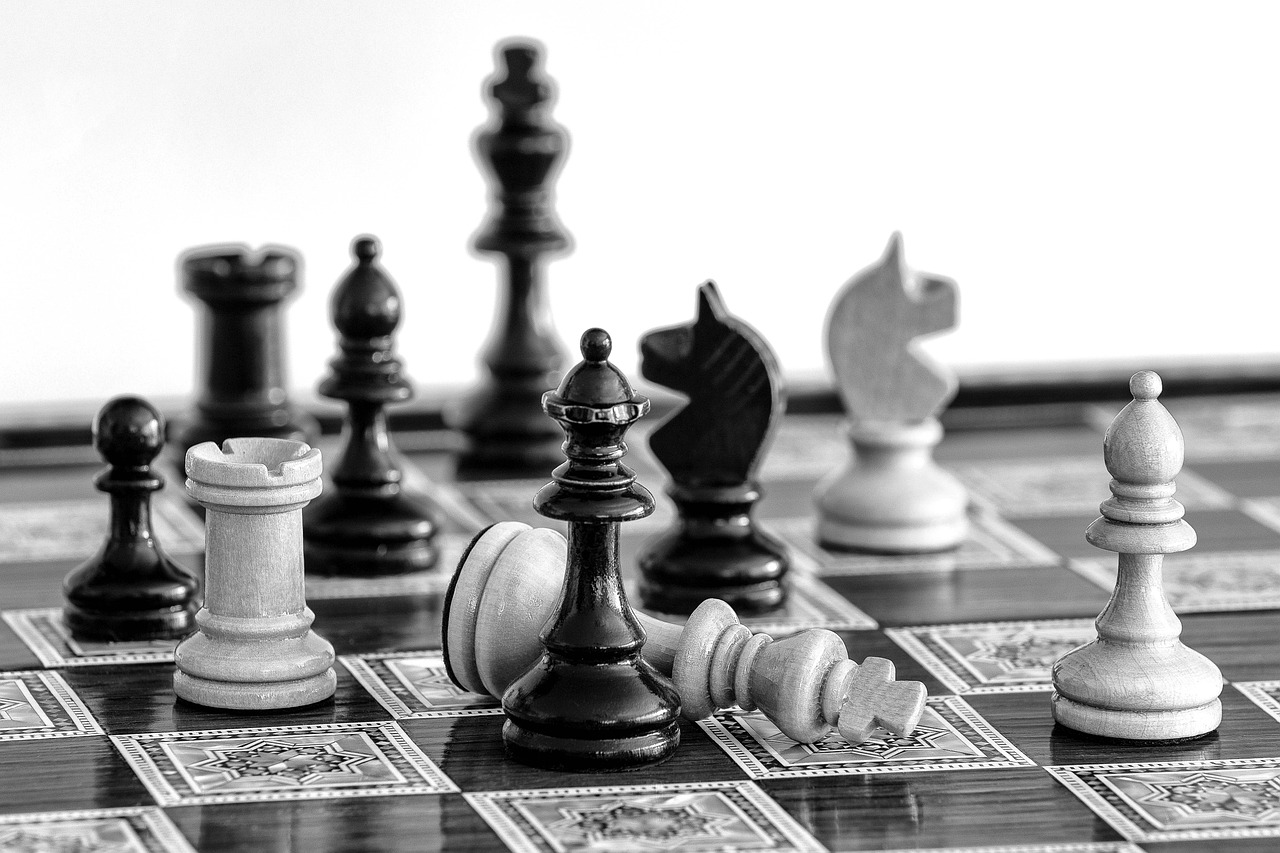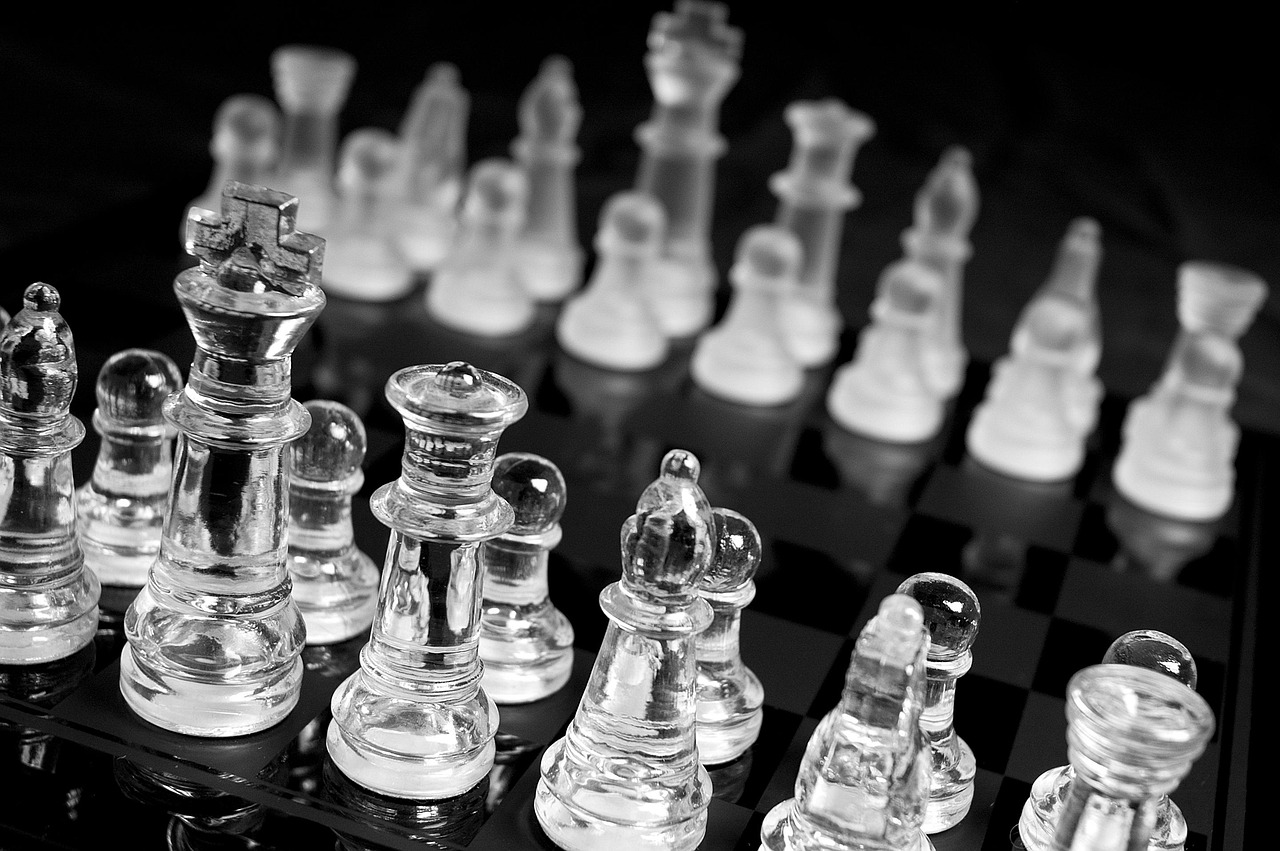Introduction to the World of Chess and Predictive Sports Analytics
The realm of chess, a game of strategy and intellect, has long been a benchmark for human cognitive abilities. However, with the advent of technology and the development of predictive sports analytics, the dynamics of the game have undergone a significant transformation. Experienced players, in their quest for excellence, have started to incorporate data-driven insights into their strategies. This integration of predictive analytics has not only elevated their performance but has also opened new avenues for exploration in the chess universe.
Understanding Predictive Sports Analytics in Chess
Predictive sports analytics, when applied to chess, involves the use of statistical models, machine learning algorithms, and data analysis to forecast the outcomes of matches, understand opponent strategies, and optimize moves. This field combines the art of the game with the science of data analysis, providing players with a competitive edge. The key to leveraging predictive analytics in chess lies in its ability to analyze vast amounts of data quickly and accurately, including past games, player tendencies, and real-time performance metrics.
Notable Chess Players Who’ve Adopted Predictive Analytics
Several top chess players have turned to predictive sports analytics to enhance their gameplay. By utilizing data analytics tools, these players can study their opponents more effectively, prepare for tournaments, and even adjust their strategies mid-game based on real-time data. This innovative approach has led to remarkable improvements in their overall performance and has set a new standard in professional chess.
Benefits of Predictive Analytics in Chess
The incorporation of predictive analytics offers numerous benefits to chess players. It enables them to:
- Deepen their understanding of the game by analyzing complex patterns and trends that might not be apparent through traditional study methods.
- Develop more effective opening and endgame strategies by leveraging data on the most successful moves in various situations.
- Improve their decision-making during games by having access to real-time analytics that predict the outcomes of different moves.
- Enhance their preparation for specific opponents by analyzing those opponents’ past games and strategies.
The Impact of Predictive Analytics on Professional Chess
The advent of predictive analytics has significantly impacted the professional chess landscape. Tournaments have become more competitive, with players relying not just on their innate ability and traditional study methods, but also on advanced data analysis to gain an edge. This shift has led to a new era of strategic depth in chess, where understanding data and analytics is as crucial as mastering the game’s fundamentals.
Preparation Strategies
Top players now employ detailed preparation strategies that include:
| Pre-Tournament Analysis | Involves analyzing the strengths, weaknesses, and playing styles of potential opponents. |
| Real-Time Data Analysis | Utilizing tools that provide immediate feedback on moves and their potential outcomes during the game. |
| Post-Game Review | Analyzing games played to identify areas of improvement and understand how opponents responded to different strategies. |
Challenges and Future Directions
While predictive analytics has undoubtedly elevated the game of chess, it also presents several challenges. One of the primary concerns is the potential for over-reliance on data, which could detract from the creative and intuitive aspects of the game. Moreover, the accessibility of advanced analytics tools can create a gap between players who have access to these resources and those who do not, potentially widening the competitive divide.
Conclusion and Future Prospects
The integration of predictive sports analytics into chess has marked a significant advancement in the sport, offering insights that were previously unimaginable. As technology continues to evolve, we can expect even more sophisticated tools to become available, further changing the face of professional chess. For those interested in the topic, some of the best articles from respected publications provide in-depth looks at how chess players are leveraging data analytics, offering valuable insights into the strategies and technologies being employed.
Answers to Key Questions
In response to queries about the role of predictive analytics in chess, several points are worthy of note:
– How does predictive analytics improve a chess player’s performance? By providing detailed insights into opponent strategies, optimizing move selection, and enhancing preparation.
– What role does machine learning play in chess analytics? Machine learning algorithms can analyze vast amounts of data to predict outcomes and identify patterns that are not immediately apparent.
– Will predictive analytics replace the need for traditional chess study methods? No, predictive analytics is seen as a complementary tool that enhances traditional study methods, not replaces them.
In conclusion, the marriage of chess and predictive sports analytics represents a fascinating and rapidly evolving field. As we move forward, it will be intriguing to observe how these developments continue to shape the sport, creating new challenges and opportunities for players and fans alike. The future of chess, undoubtedly, will be more data-driven than ever, promising a game that is both intellectually stimulating and technologically advanced.
